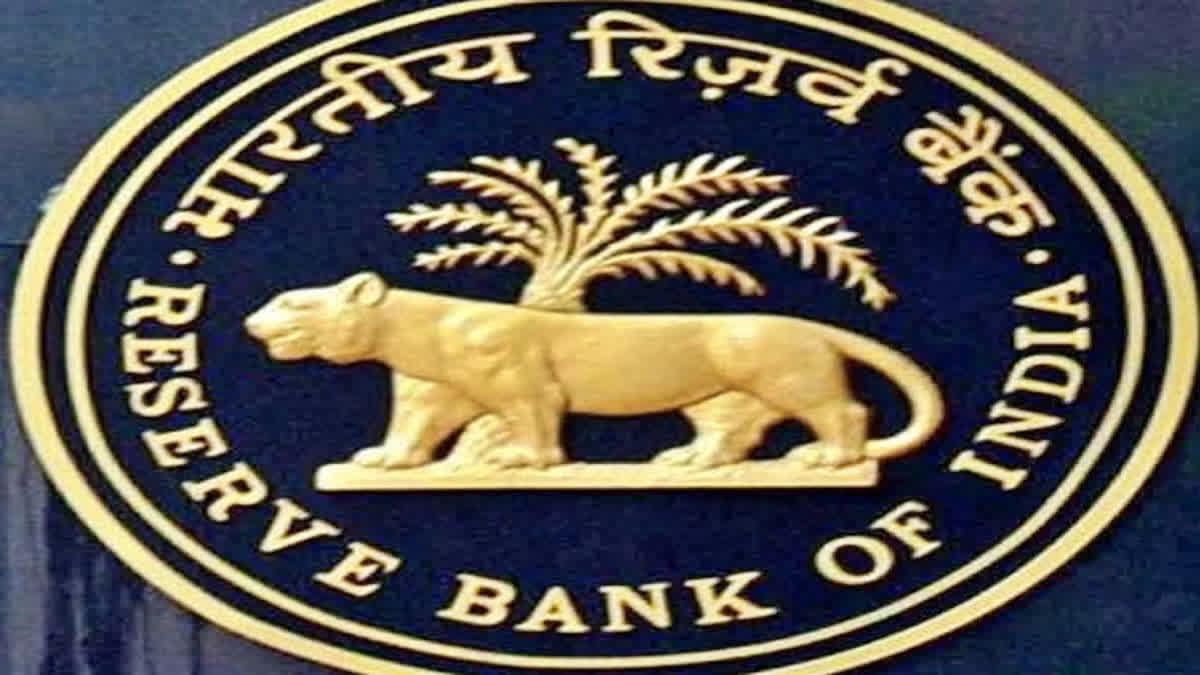Mumbai: Reserve Bank of India retained the GDP growth projection for the current fiscal year at 6.5 per cent, citing the supportive domestic demand conditions prevailing across the country. The figures were released in the second bi-monthly monetary policy for 2023-24 briefing by RBI Governor Shaktikanta Das.
Earlier in April, the Reserve Bank in its print made a marginal upwards revision of the 2023-24 GDP growth projection. The projection was revised to 6.5 per cent from the central bank's earlier forecast of 6.4 per cent. Das cited the domestic demand condition remaining supportive to growth as the primary reason. He also added the demand in rural areas is on the revival path.
India's economy grew 6.1 per cent in the fourth quarter of 2022-23, pushing up the annual growth rate to 7.2 per cent, as against 7 per cent anticipated earlier, he said. As for the crop production, Das said the weather office has predicted a normal monsoon which would result in higher rabi yield in 2022-2023.
The sustained buoyancy in services should support private consumption and the overall economic activity in the current year. The government's thrust on capital expenditure, moderation in commodity prices and robust credit growth are expected to nurture investment activity, the RBI chief said.
Read- RBI monetary policy pauses repo rates at 6.5 %; predicts real GDP growth at 6.5 %
Weak external demand, geo-economic fragmentation, and protracted geopolitical tensions, however, pose risks to the outlook, Das said. "Taking all these factors into consideration, real GDP growth for 2023-24 is projected at 6.5 per cent with Q1 at 8 per cent, Q2 at 6.5 per cent, Q3 at 6 per cent, and Q4 at 5.7 per cent, with risks evenly balanced," Das added.
Read-RBI monetary policy: Eight additional developmental, regulatory policies you need to know
In the second quarter of 2023, the global economy is sustaining the momentum gained in the preceding quarter in spite of still elevated though moderating inflation, tighter financial conditions, banking sector stress, and lingering geopolitical conflicts, the governor reasoned.
Read-Explained: RBI monetary policy allows non-banking PPI issuers to issue e-RUPI vouchers



